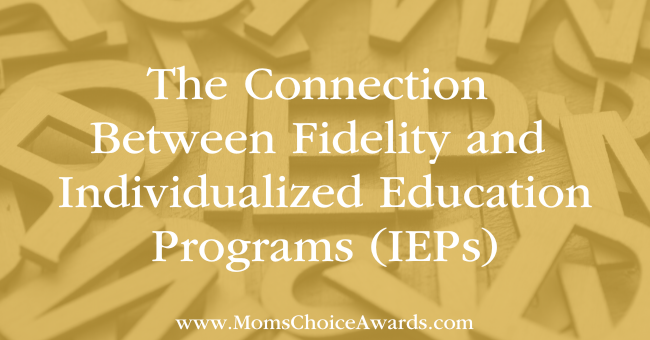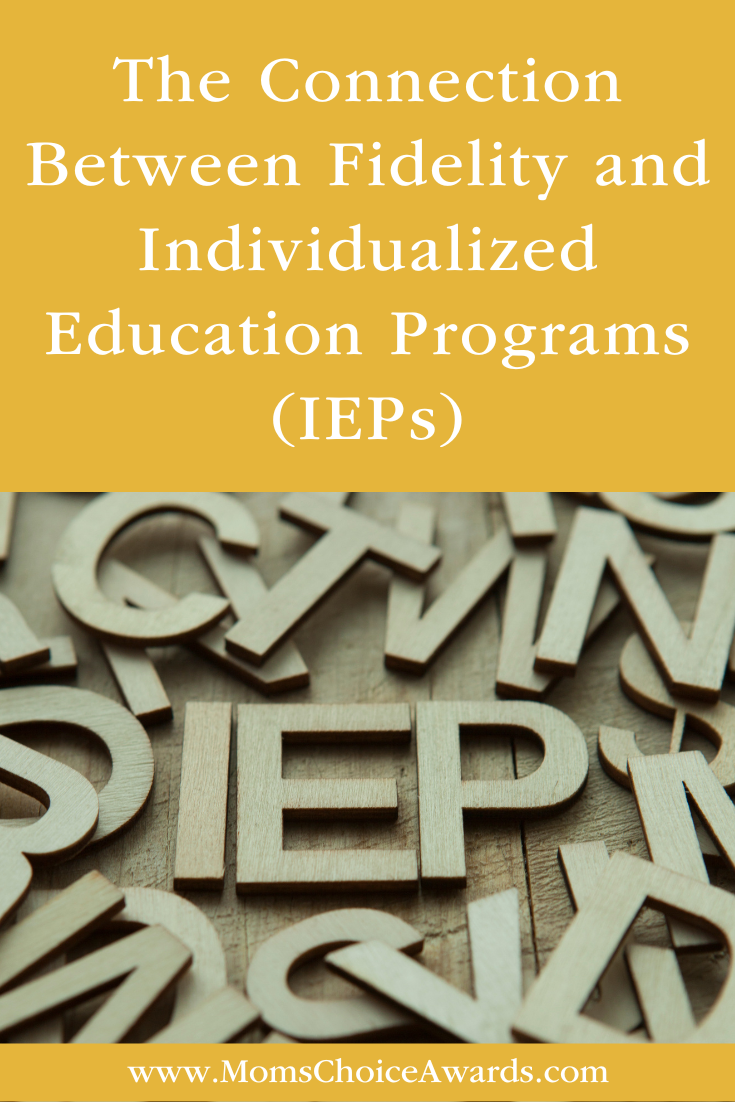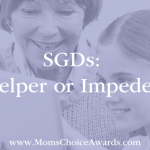 Priya Pasumarthy
Priya Pasumarthy
Author | Health Care Provider
 Fidelity can be defined as the loyalty or trust between two people or parties. Fidelity plays a pivotal role in lasting relationships whether at businesses or almost everywhere. Similarly, Fidelity & IEPs would go hand in hand. Fidelity plays a prime role in the IEPs. Here we will be covering the importance of building and sustaining fidelity in the IEPs.This little piece is something new parents need to look out for throughout the IEPs/meetings.
Fidelity can be defined as the loyalty or trust between two people or parties. Fidelity plays a pivotal role in lasting relationships whether at businesses or almost everywhere. Similarly, Fidelity & IEPs would go hand in hand. Fidelity plays a prime role in the IEPs. Here we will be covering the importance of building and sustaining fidelity in the IEPs.This little piece is something new parents need to look out for throughout the IEPs/meetings.
IEP is the individualized education program or a written plan developed after assessments and evaluations to ensure that a child who has a disability identified under the law attends school and receives education/ related services. Related services include Speech therapy services, Occupational therapy, Psychological counseling, and Physical therapy. Accommodations include instruction or materials that help access learning offered at no cost. IEP is the partnership between parents and other team members such as SLPs, OT, Gen Ed teachers, Special Ed teachers, Psychologists, counselors, and school principals. After the assessments, reports are shared with the parents. This process is time-bound and can take anywhere up to 60 calendar days. During the meeting, the allotted duration for the related services and accommodations will be discussed. Post parental consent is the offer of FAPE.
The acronyms and legal terminologies associated with IEP can be intimidating to many families. The IEP meeting itself could be exhausting. There is an unusual de-sync between the two parties. Often it could compel one to ponder what it’s all about? Why is there ongoing friction? To answer that, it is interesting to note that the per capita expense of educating a special needs kid is (~27 K) nearly thrice compared to educating a kid(~9 K) in the General Ed program. So an additional program means more budget versus the existing ‘one size fits all paradigm’.
On one side of the team are the discussions for more/right services versus the other side offering the existing paradigm. This scenario might be the same till given a push. With a dramatic increase in disabilities, ~33% and the trend is on rising. The demand for special education is at its peak versus the existing resources/services.
As known, no two autism/disabilities are similar however the core symptoms overlap. This would need programs/support from the ‘one size fits all paradigm’. If/when parents are more familiar with the dynamics of IEP they are better able to negotiate for services and accommodations. This is where two parties might have a desync. Despite this parents can smartly navigate and keep up the fidelity. They could privately hire a special needs advocate or attorney and get the right services at the right time. A good IEP gets reflected as quality progress and measurable success in a student over a year.
Initially, those parents who agree with the IEP team to avoid confrontations or causing any friction. They agree with the team and consent to the program due to a lack of awareness of their rights. However, the differences become more obvious in the long term. This in turn is due to the continuous mere progress versus quality. Later this might create more frustrating situations between the two parties and end up in legal ramifications. This could eventually rupture the fidelity between the two parties. This scenario could be completely reversible.
IEP is the written document plan developed after assessments and evaluations to ensure that a child who has a disability identified under the law attends school and receives education/ related services. IEP is an expensive and time-consuming process. IEP involves parents and other stakeholders including SLPS, OTs, Psychologists, Regular teachers, Special Ed teachers, and the school principals. When parents become aware of their rights, and legal terminologies( ADA, IDEA, etc) they are able to advocate better. Many new parents need to know that IEP services are negotiable. Deepening the knowledge about special education and the trend of rising of disabilities versus existing services would play a big role. While developing the IEPs parents should be on the lookout for Fidelity. Fidelity plays a prime role in the IEPs. A good IEP gets reflected as quality progress which in turn reflects a healthy fidelity between the parents and IEP team members. Both parties Parents and the IEP team should take steps to sustain fidelity.
 About Priya Pasumarthy
About Priya Pasumarthy
Priya Pasumarthy is an author and a health care provider. She holds a Master of Science degree in Marine Biology. She lives with her family in California. She loves adventures; so far, her favorites include bungy jumping in New Zealand and hiking the Hverfjall Volcano in Iceland. Her hobbies include cooking, shopping, reading, writing, watching films, and horseback riding.
View all posts by Priya Pasumarthy here.







3 Comments on “The Connection Between Fidelity and Individualized Education Programs (IEPs)”
Thank you Sara!
An older article that I find empowering for the parents of children with IEPs
Thank you Sara!